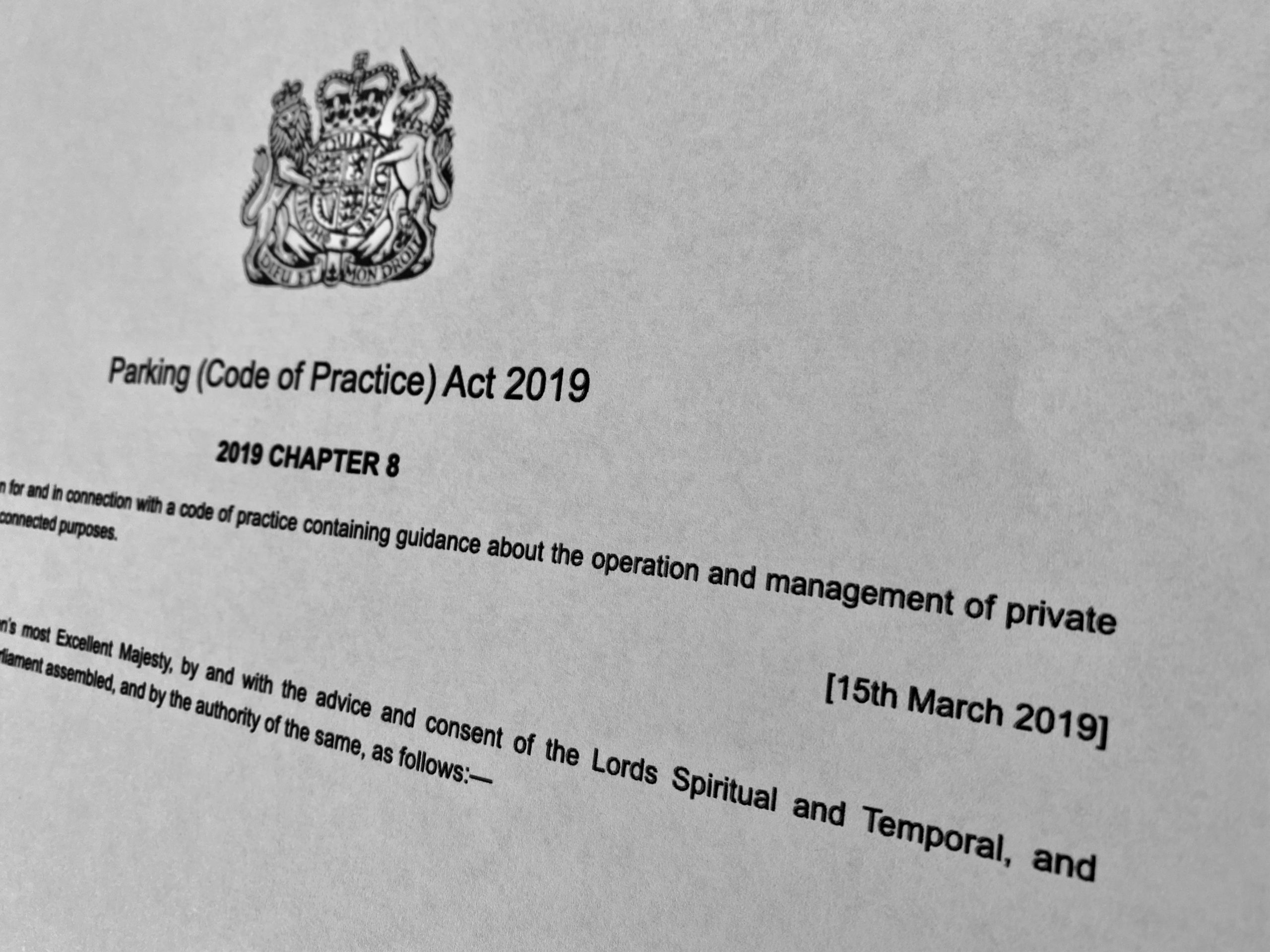The new body that will have the job of monitoring and auditing the behaviour of private parking companies should have powers to carry out no-notice inspections of those firms it suspects of malpractice.
The RAC Foundation is arguing that the proposed Scrutiny and Standards Board should be independent of parking companies, parking trade associations and the DVLA (which provides parking firms with vehicle keeper information), and report directly to ministers.
Foundation research shows that almost 8.5 million parking charge notices – or penalties as they are more commonly referred to – were issued by private parking firms in the last financial year for supposed infringements by drivers.
However, in 2019 Sir Greg Knight’s Parking (Code of Practice) Bill was passed by parliament – and supported by government – with the aim of reducing the worst excesses of the private parking industry which currently self-regulates.
As part of the process of introducing the new code of practice the Ministery of Housing Communities and Local Government (MHCLG) has been consulting on what the code might contain and how it might be enforced.
In its response to the consultation the RAC Foundation says that the Scrutiny and Standards Board will be key to making the new code a success.
The RAC Foundation also wants to see:
- A single appeals service that is free to use by drivers and which considers a non-prescriptive list of mitigating circumstances
- Both the appeals service and the scrutiny board paid for by the parking industry
- A greater use of data to pinpoint those car parks where a higher than normal number of ‘tickets’ are being issued, which is likely to be an indication that there is something wrong with the system
- A charging system that broadly mirrors that operated by local authorities but capped at £100 so that drivers in London won’t have to pay more than present.
Alongside the MHCLG consultation, BSI Standards Limited – the UK national standards body – has been consulting on the precise drafting of the code in the form of a PAS (Publicly Available Specification).



